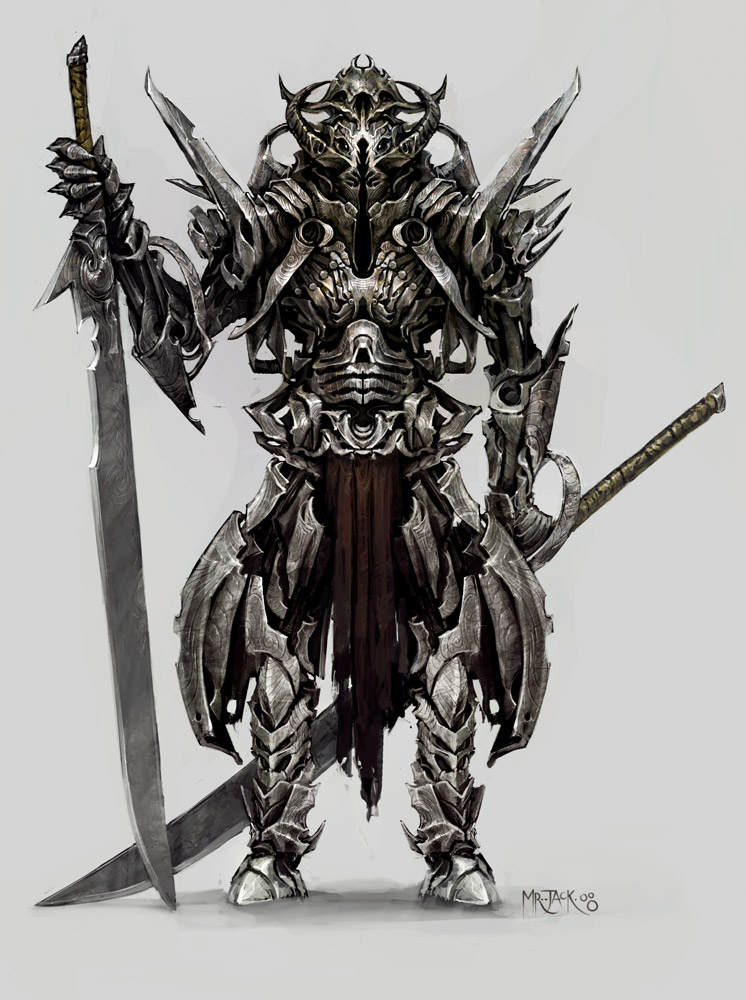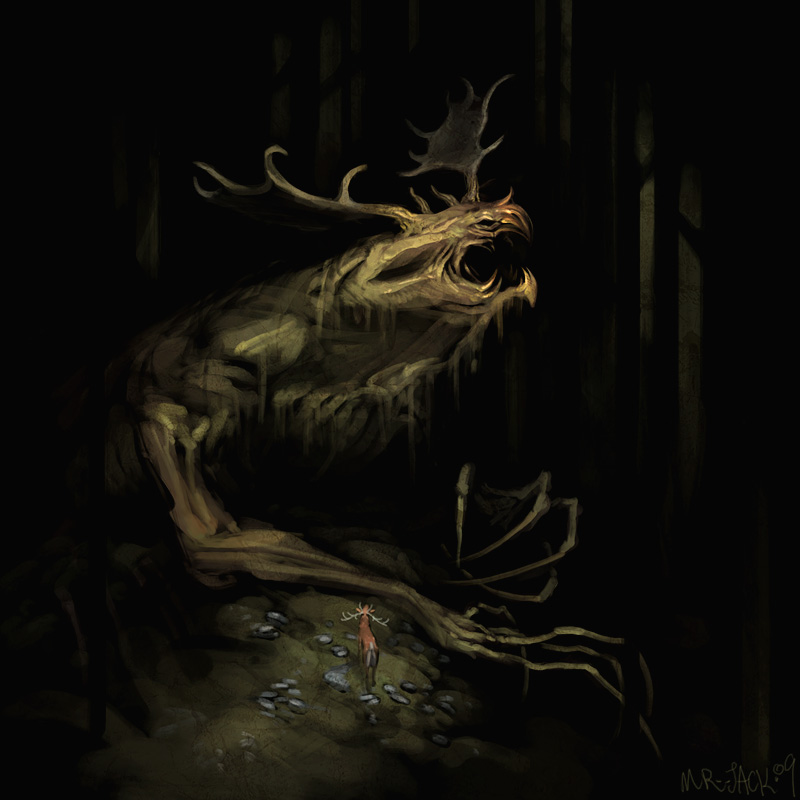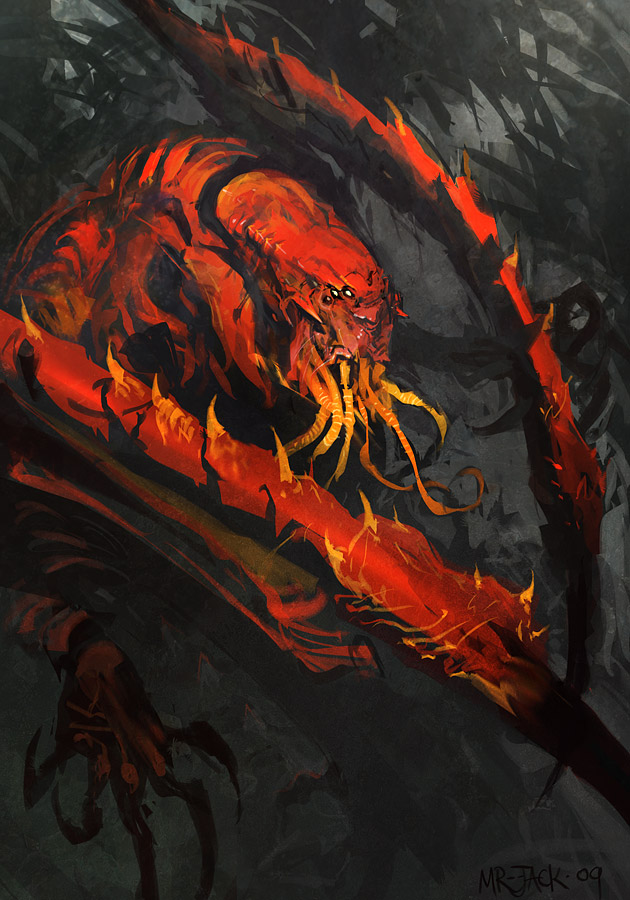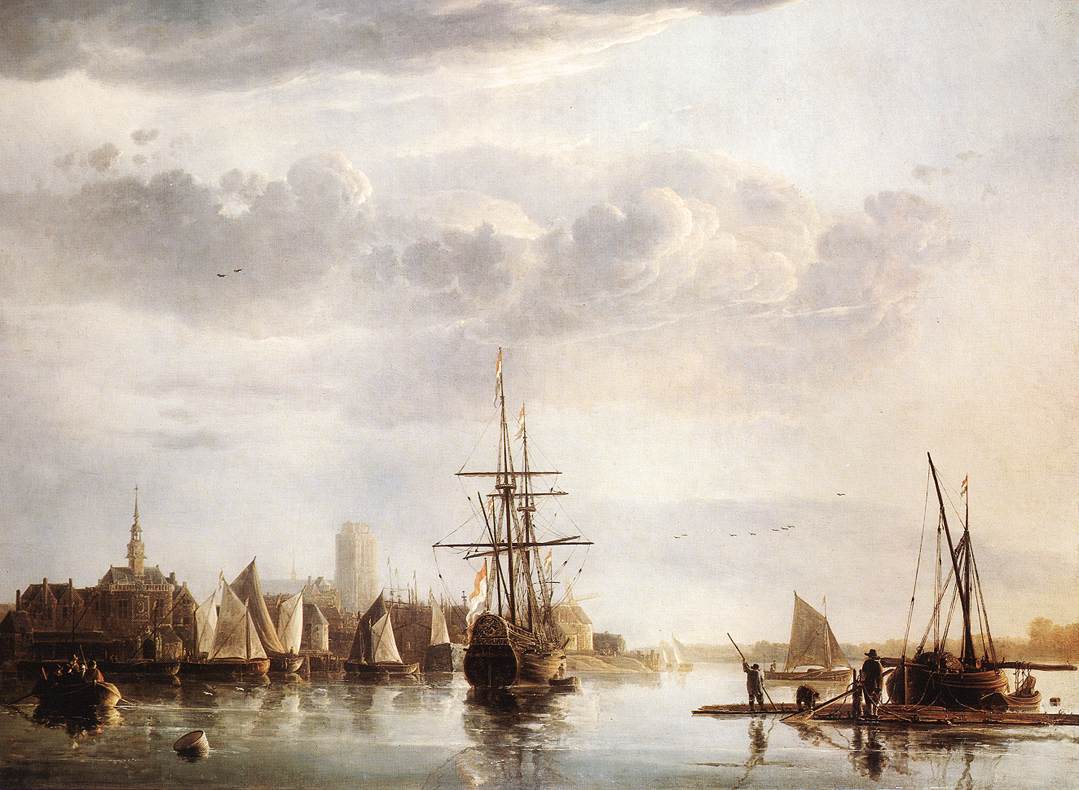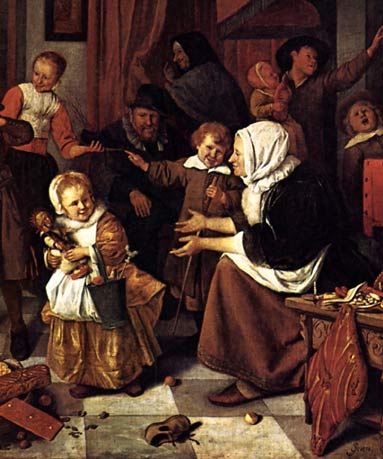Source: Holy Nation of Odin
In the younger days, Trond Garmenbane, first son of Arkon, was the greatest of all warriors. Fair and just was he, and in battle he was feared even by the foul things that dwelled beyond the end of the world. He bore the sword Dwimmerbane, and carried the Horn of Mittelgrūn, his steed the mighty Fjalir Fenirfare.
He stood taller than any of his kin, and his yellow hair and beard could outshine even the sun in summer. In his hall hung many trophies, his women carried heavy rings, and many were the songs to his honour. Some say that of his thirteen sons, Arkon loved him the most.
When the Black Stone fell from the heavens, the gods of Aethelingagard argued over who should ride out to destroy it. All the sons of Arkon claimed the honour, but in the end it fell to Trond Firstborn. Alone he rode from the hall of his father.
He rode across the vast lands, over mountains and through forests, he crossed mighty rivers and deep valleys, until at last he came to the Bridge of Lōkarfall. There upon the bridge he met Gudmund Nidfare, his brother. Gudmund told Trond that the Three Sisters had said to him that he who stood before the Black Stone would fall unless he bore a certain rune.
It was widely known that of all of the brood of Arkon, Gudmund Gandmane knew the most about runes and hexes. And so he gave his brother a rune-stone and bade him carry it where he went. Then the brothers parted with a kiss.
At last Trond Honourhold came to the Farthest Point. There, like a broken arrow, protuding from the flesh of the world, he saw the Black Stone. The oceans beyond the land thrashed and screamed in pain and rage. From that point he could see afar, and he saw a great people destroyed by that which had come upon the world.
There Trond also saw the great dragon Nefrangap, friend to his father, doing battle with the foul Shard of Goran. He drew Dwimmerbane, his sword, and blew a mighty note from the Horn of Mittelgrūn, and thus he charged forth to do battle.
Nefrangap then smote the Black Stone with all his might, shattering the dark pillar. From it a long shard flew, and pierced through the heart of Trond Fairmane. He fell to the ground and there he died.
Gudmund Brotherbane, in his cloak of raven's feathers, had stolen after his brother, for he had given him a fell rune that would cause the death of he who bore it. When he saw that Trond Ironhand fell he was glad, for he was jealous of the love their father gave to his oldest son, and long had he awaited this moment.
He then flew on dark wings to his father's hall with the ill tidings of death. Gudmund Blackheart told his father that the wyrm Nefrangap had been poisoned by the Black Stone. He told that when Trond Whiteshield had struck the foul pillar Nefrangap had gone mad, and that it was the dragon who had slain his brother.
Upon hearing these ill and terrible news, Arkon roared in anger and grief. He donned his mail and took Fengir, his spear, and in all haste he rode to avenge the death of his dearest son.
When he came to the field of the battle he found the noble Nefrangap standing over the cold body of his son. Then Arkon became blind and deaf from the pain in his heart and he attacked his friend with furious anger.
Nefrangap had seen the the malrune, and knew what had passed, for he knew all the runes and every spell. He called to his friend Arkon, but naught did it avail, and so the greatest of all dragons was driven into the dark hole where the Shard of Goran had stood.
Arkon then closed the entrance and placed many great seals on it and forbade his kin to ever open it. To Trond Silverheart he built a tall barrow and placed him in it. Many great and precious gifts did he lay down with his most beloved heir, and he cried over the grave for seven nights and seven more.
Of Gudmund Silvertongue there are many tales, but none tell of his death.






